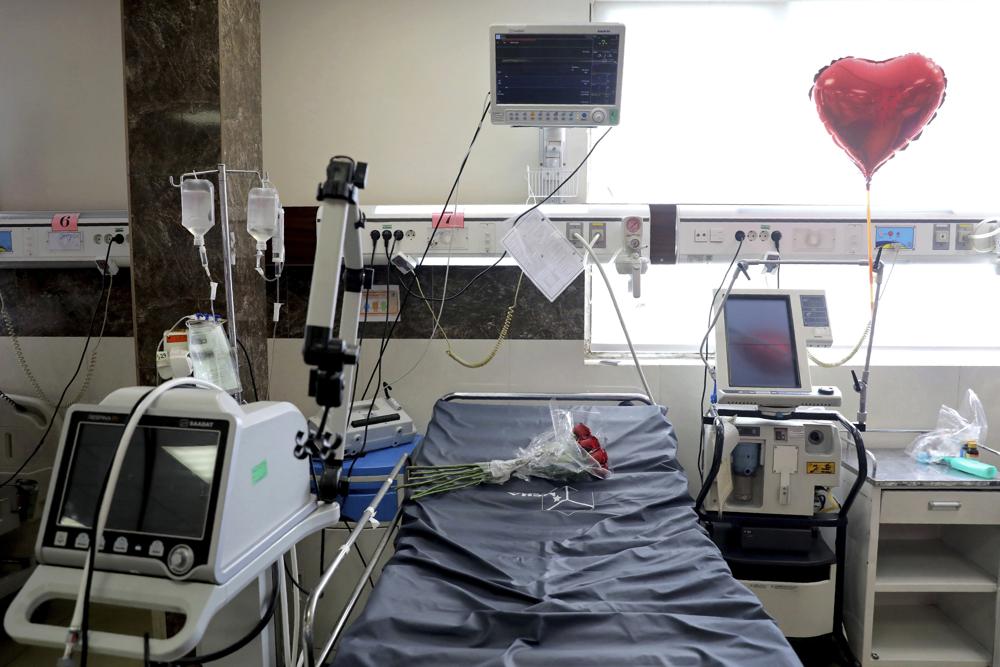
Approximately 30 percent of recoverees from COVID-19 infection are vulnerable to “post-coronavirus syndrome”, according to immunology and allergy consultant doctor Amgad al-Haddad.
The most dangerous effect of the disease remains on the immune system, Haddad explained.
He told the Sehtak Bedenyah health website that “post-coronavirus syndrome” occurs after recovery in some people as a result of a type of hyper-immunity after the immune system is attacked with the virus.
“The immune storm affects some parts of the body, from the muscular system to the lungs, as the recovering person feels weakness and pain in the muscles of the body in general,” he said.
If the virus attacks the lung, it causes difficulty in breathing even with minimum effort, as well as increased sweating even with rest. Itching or rashes may occur, he added.
Haddad advised suffering recoverees from the virus to take zinc supplements and “L-carnitine”, as these two substances reduce the severity and duration of immune storm.
These supplements help with the nutritional transformation of muscles so that there are no muscle pain or weakness. He added that zinc is important for the immune system and reduces the intensity of the immune storm, as well as helps relieve stress, reduces the recovery period and any possible complications.
Both substances are very safe, he assured, and are taken in moderate doses through one tablet per day.
Haddad added that vitamin B may also have beneficial effects. Vitamin B varies between B1 to B12, with B12 mainly found in met and dairy products. Therefore those strictly following a vegetarian are more likely to be deficient in Vitamin B12.
Other sources of this vitamin are eggs, cheese, milk, and fish, he added.
Vitamin B6 lies in helping the body convert food into energy, he said, and enhancing the body’s ability to fight infection. Pregnant and lactating women need vitamin B6 to help the brains of fetuses develop normally. Vitamin B6 sources include chickpeas, tuna, salmon, whole grains, liver, chicken breasts, watermelon, potatoes and spinach.




